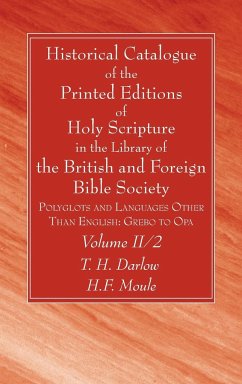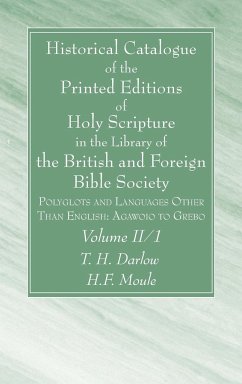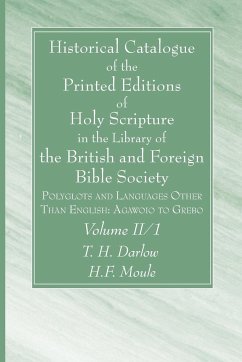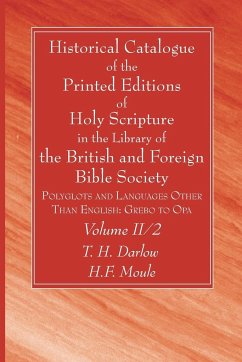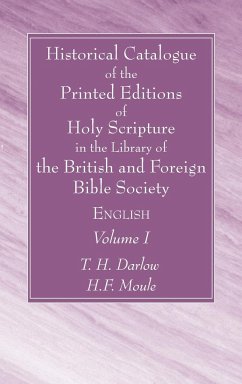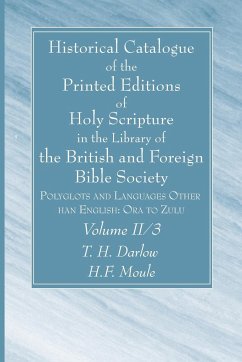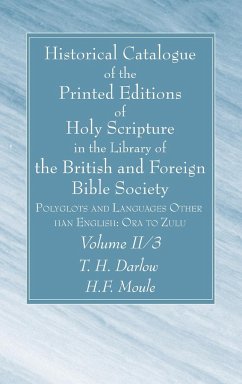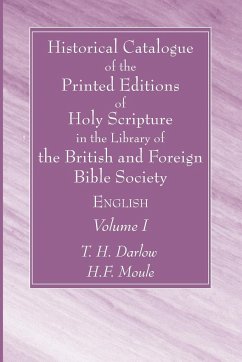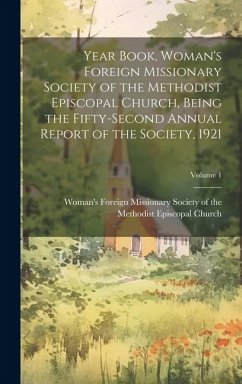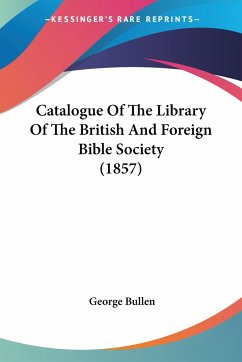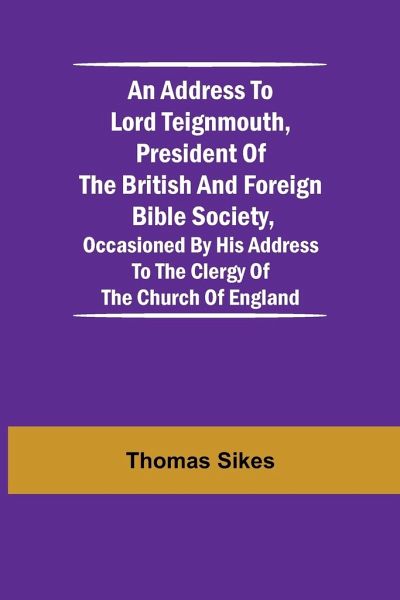
An Address To Lord Teignmouth, President Of The British And Foreign Bible Society, Occasioned By His Address To The Clergy Of The Church Of England

PAYBACK Punkte
7 °P sammeln!
A brisk, timely beacon from Britain's religious and political heart. An Address To Lord Teignmouth speaks with clarity, candour and enduring relevance. In this historical political pamphlet, Thomas Sikes channels a fervent religious reform essay into a public address tract aimed at the clergy of the Church of England and the wider reading public. The work surveys the British religious context with a keen eye for conscience, governance and moral duty, offering a lucid, accessible argument that resonates beyond its era. It is a rare blend of polemic and reflective prose, inviting both casual rea...
A brisk, timely beacon from Britain's religious and political heart. An Address To Lord Teignmouth speaks with clarity, candour and enduring relevance. In this historical political pamphlet, Thomas Sikes channels a fervent religious reform essay into a public address tract aimed at the clergy of the Church of England and the wider reading public. The work surveys the British religious context with a keen eye for conscience, governance and moral duty, offering a lucid, accessible argument that resonates beyond its era. It is a rare blend of polemic and reflective prose, inviting both casual readers and serious scholars to examine how faith and public life intertwine. The book's value lies in its form and voice: a carefully argued, rhetorically precise tract that still speaks directly to today's debates about church, society and the responsibilities of religious institutions. Its historical significance is undeniable, a window into early nineteenth-century Britain and the longstanding history of the Bible Society and clerical networks. This edition by Alpha Editions is not merely a reprint; it is restored for today's and future generations. Out of print for decades, this title has been revived as a collector's item and cultural treasure. For library collections, academic study, and readers who treasure classic literature, it offers a compelling, human connection to a pivotal moment in religious reform and public discourse.





